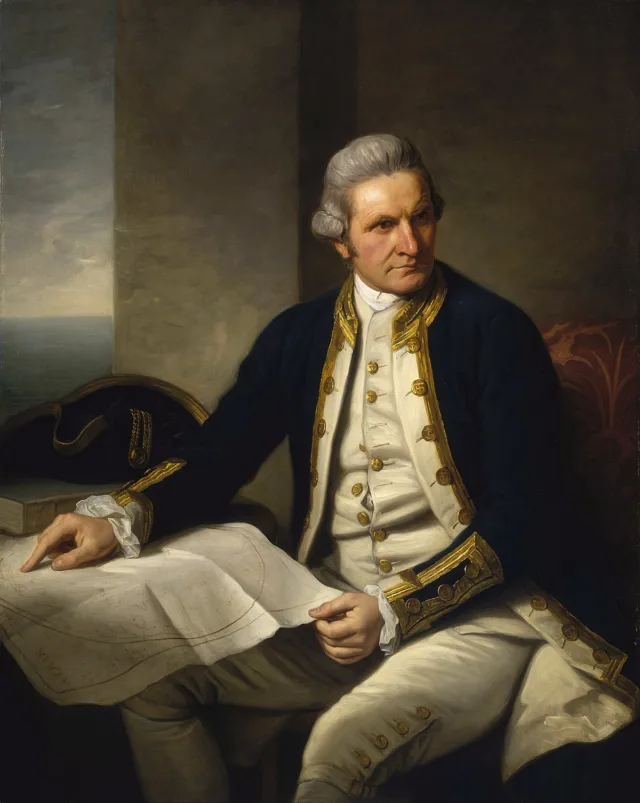From The Economist:
Until recently Captain James Cook was not a particularly controversial figure. But in January a statue of the 18th-century British sailor and explorer was toppled in Melbourne and the words “The colony will fall” spraypainted on the plinth. In Hawaii an obelisk in Cook’s memory has been splattered with red paint and the message “You are on native land.” Cook has joined Edward Colston, Robert Clive and Cecil Rhodes as a focal point for anti-colonialist ire.
In fact Cook was neither a slave trader nor much of an imperialist. He was, first and foremost, a brilliant navigator and cartographer. Acting under Admiralty orders, he undertook three pioneering voyages in the Pacific between 1768 and 1779. His mapmaking transformed Europeans’ knowledge of the world’s largest ocean.
An excellent new book draws on Cook’s letters and notebooks to tell the story of his third and final trip. Cook was almost 50 when he set off on hms Resolution in July 1776. Among the crew he took were William Bligh (later captain of the Bounty before the mutiny in 1789) and Mai, a Tahitian prince noted for being painted by Sir Joshua Reynolds. Cook had secret instructions from the Admiralty not only to claim new territory for Britain, but to search for a north-west passage via the Bering Strait (a task even someone with his navigational experience found impossible).
The author, Hampton Sides, focuses on Cook’s return to Australia and New Zealand—countries the explorer had first encountered almost a decade earlier—his discovery of the Society Islands (today part of French Polynesia) and his time in Hawaii. It was there, in February 1779, that he was killed after a botched attempt to kidnap a local chief in response to the theft of a longboat.
Cook was a man of his times. He believed Europe would have a civilising influence on many benighted folk in the Pacific. He was distinctly cruel in meting out punishments, to his own crew as well as to any indigenous people who opposed him.
Yet Cook also admired many of the people and places he encountered in the South Pacific. Unlike the Spanish, he had no interest in religious conversion. He tried hard to stop his men from spreading venereal disease. For the most part, his land claims were aimed not at promoting a British empire but forestalling grabs by Britain’s rivals, France and Spain.

Link to the rest at The Economist